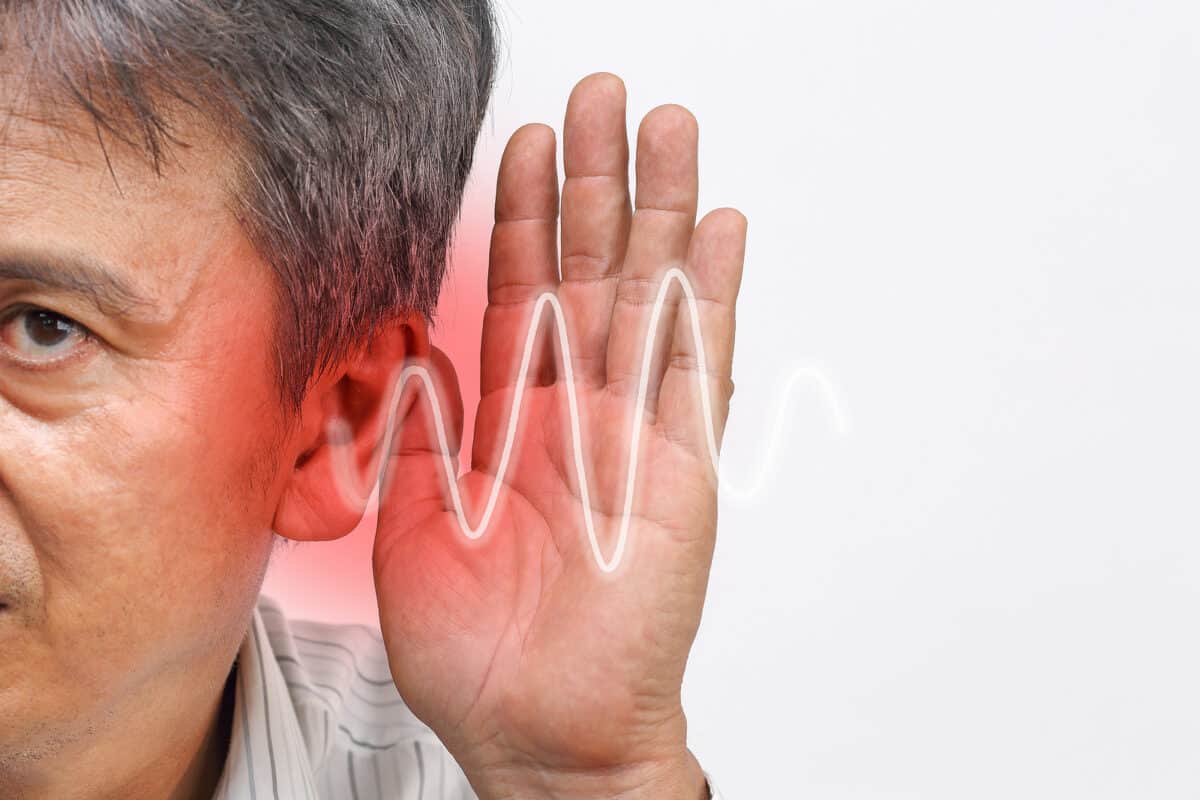- The Connection Between Hearing Loss and Dementia - July 30, 2024
- The Advantages of Rechargeable Hearing Aids - July 16, 2024
- How to Enjoy Music Festivals While Protecting Your Hearing - July 3, 2024
It’s hard to believe that the Americans with Disabilities Act (ADA) has been the law of the land for more than thirty years. As of 2021, more than 50 percent of the United States population was under 40 years of age. This means that for most of the country, the accessibility rights guaranteed under the ADA have existed for most or all of their lifetimes.
Where were you when the ADA became law? As many folks age into hearing loss later in life, you may not know that the rights laid out in the ADA can serve you in public spaces, making accommodation and accessibility more available to you.
History of the ADA
It cannot be overstated how groundbreaking the ADA was in 1990 when the bill was signed into law. It must also be noted that the ADA owes much to the Civil Rights Act of 1964. The bill itself is modeled after the Civil Rights Act, in which no person can be discriminated against based upon race, sex, religion, color or national origin. And more, the activists and advocates within the disability community also relied upon the successful tactics used by Civil Rights activists decades before.
In short, once the ADA became law, it made it illegal to discriminate against people with disabilities in employment, transportation, public accommodations, communications and access to non-federal government programs and services.
How the ADA applies to those with hearing loss
Under the ADA, you cannot be fired because of your hearing loss or discriminated against in the hiring process. This was a major development for folks with disabilities because the financial independence that comes along with steady employment lends itself to a more autonomous existence than the ones most people with disabilities had to settle for before the ADA.
Back in 1990, requiring communications companies to be compliant with the ADA was a landmark win. Prior to this, the deaf and hard of hearing had many obstacles to communication. This is before email and text, when the telephone was the main line of connection for most people. When the ADA became law, people with challenged hearing finally had a telephone option that worked for them with the establishment of a national telecommunications relay service.
Public spaces and the ADA
The ADA also changed the relationship between people with hearing loss and public spaces. Attending a movie, concert, city council meeting or museum is an accessible choice for people that are deaf or have hearing loss thanks to the ADA.
All public spaces, even those privately owned and open to the public, must accommodate people with disabilities. It’s why you now find assistive listening devices at the local movie theater or a hearing loop at the concert hall. Museums even provide walking tours with assistive listening devices that sync right up to your hearing aids! What’s more, you’ll often find sign language interpreters at larger venues.
What that means for people with hearing loss
This can be life-changing for people with hearing loss, which is a condition that can lead to social isolation and in turn, depression. The ADA gives people who have a difficult time hearing new ways to interact with public services and spaces.
Separate from the public spaces section, the ADA also requires local and state governments to make programs and services available. With that passage, it ensured that people with hearing loss can participate in something as important as their local government meetings, so that their voice can continue to be heard.
Updates to the ADA
Now that the ADA is old enough to take out a mortgage, some people are calling for an update to the legislation. There have been patches and band-aids applied in recent history, but there seems to be larger, looming questions that have been argued in the nation’s highest courts.
Is the internet a public space?
Remember that the ADA was signed into law before the explosion of the internet and email, which leaves a glaring hole in its purview, particularly after the rise of technology into all facets of our lives as a result of the pandemic. Now, websites and apps are commonly used in every arena from education to workplaces to telemedicine. Many people today are asking if the internet is considered a public space, and as such, subject to the ADA.

